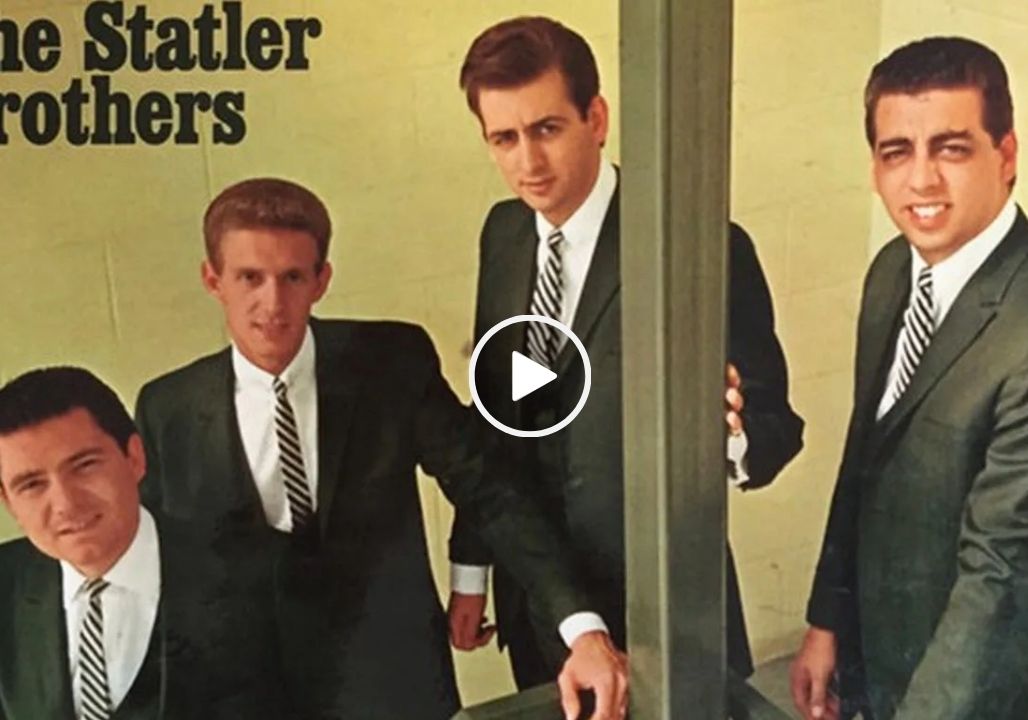Introduction
A Soaring Gospel Classic: Unveiling the History of “I’ll Fly Away”
While The Statler Brothers brought “I’ll Fly Away” to wider audiences with their rendition, the song’s rich history stretches back to 1929. The man behind the uplifting lyrics, Albert E. Brumley, was a prolific gospel songwriter who found inspiration in the most unexpected places.
Brumley, known as the “pre-eminent gospel songwriter” of the 20th century, wrote “I’ll Fly Away” while picking cotton on his Oklahoma farm. According to interviews, a familiar melody sparked the song’s creation. Brumley recalled humming a secular ballad, “If I Had the Wings of an Angel,” which lamented about escaping prison walls. This sparked a revelation: “I could use this plot for a gospel-type song,” Brumley remarked.
The result was “I’ll Fly Away,” a hymn filled with hope for the afterlife. The lyrics paint a vivid picture of longing for a celestial home, free from earthly troubles. Lines like “Some bright morning when this life is over, I’ll fly away” and “Like a bird from these prison walls I’ll fly” resonate with the yearning for liberation and eternal peace.
Brumley’s song wasn’t an immediate hit, but it was published in 1932 and found its wings through various recordings. The Selah Jubilee Singers are believed to have the earliest known recording in 1941, followed by The Chuck Wagon Gang in 1948. Their version, with over a million copies sold, became a significant milestone for the song.
“I’ll Fly Away” transcended genre boundaries. It became a staple in Southern Gospel circles, resonating with Baptist, Pentecostal, and Methodist congregations. Artists like Johnny Cash and bluegrass groups like The Stanley Brothers also included the song in their repertoires.
The Statler Brothers’ version, released sometime in the 1970s, brought “I’ll Fly Away” to a wider audience. Their smooth vocals and signature country harmonies offered a fresh perspective on the classic hymn. The Statler Brothers’ rendition not only solidified the song’s place in country music but also introduced it to a new generation of listeners.
“I’ll Fly Away” continues to soar. Its enduring message of hope and its powerful imagery ensure its place as a timeless gospel classic. As you listen to The Statler Brothers’ version, take a moment to appreciate the rich history behind this song, a testament to the enduring power of faith and the human spirit’s desire for transcendence.

